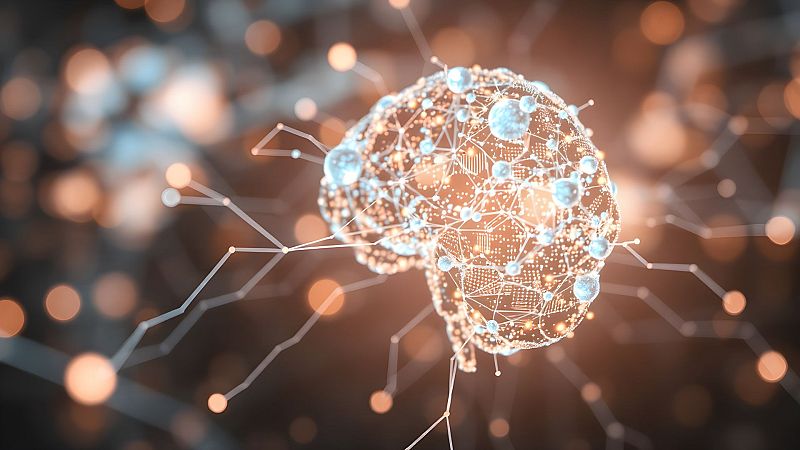Leading AI, business, and media figures call for a slowdown in race to AI superintelligence

More than 850 public figures, including artificial intelligence (AI) and technology leaders, have called for a slowdown in the race to create a form of AI that surpasses human intellect, known as “superintelligence”.
Prominent computer scientists such as Nobel Prize winner Geoffrey Hinton and Yoshua Bengio – widely considered the ‘godfathers’ of AI – signed the letter, as did Apple co-founder Steve Wozniak and Virgin Group founder Richard Branson.
Superintelligence is broadly defined as AI that surpasses human cognitive capabilities, which some tech experts fear could cause humans to lose control over these systems. Machines taking control is the default outcome, according to a prediction in the 1950s by the famed computer scientist Alan Turing.
Global leaders say winning the AI race is critical to national security and for advancements in health, business, and technology.
Meanwhile, tech companies such as Meta are using superintelligence as a buzzword to hype up their latest AI models. This year, Meta named its large language model (LLM) division Meta Superintelligence Labs.
The letter says the AI race to superintelligence “has raised concerns, ranging from human economic obsolescence and disempowerment, losses of freedom, civil liberties, dignity, and control, to national security risks and even potential human extinction”.
It calls for a “prohibition on the development of superintelligence, not lifted before there is broad scientific consensus that it will be done safely and controllably, and strong public buy-in”.
AI leaders such as OpenAI chief executive Sam Altman have previously said that the development of superhuman machine intelligence (SMI) “is probably the greatest threat to the continued existence of humanity”.
Meanwhile Microsoft CEO Mustafa Suleyman said “until we can prove unequivocally that it is [safe], we shouldn’t be inventing it.”
However, Altman and Suleyman were not on the list of signatories.
Altman has also hyped artificial general intelligence (AGI), loosely defined as a type of AI that matches or surpasses human cognitive capabilities, which is seen as the step before superintelligence.
But for Altman, AGI is defined as a hypothetical form of machine intelligence that can solve any human task through methods not constrained to its training. Altman has said it can "elevate humanity" and does not refer to machines taking over.
Other than tech figures, signatories of the statement include academics, media personalities such as Steven Fry and Steve Bannon, religious leaders, and former politicians.
Today

